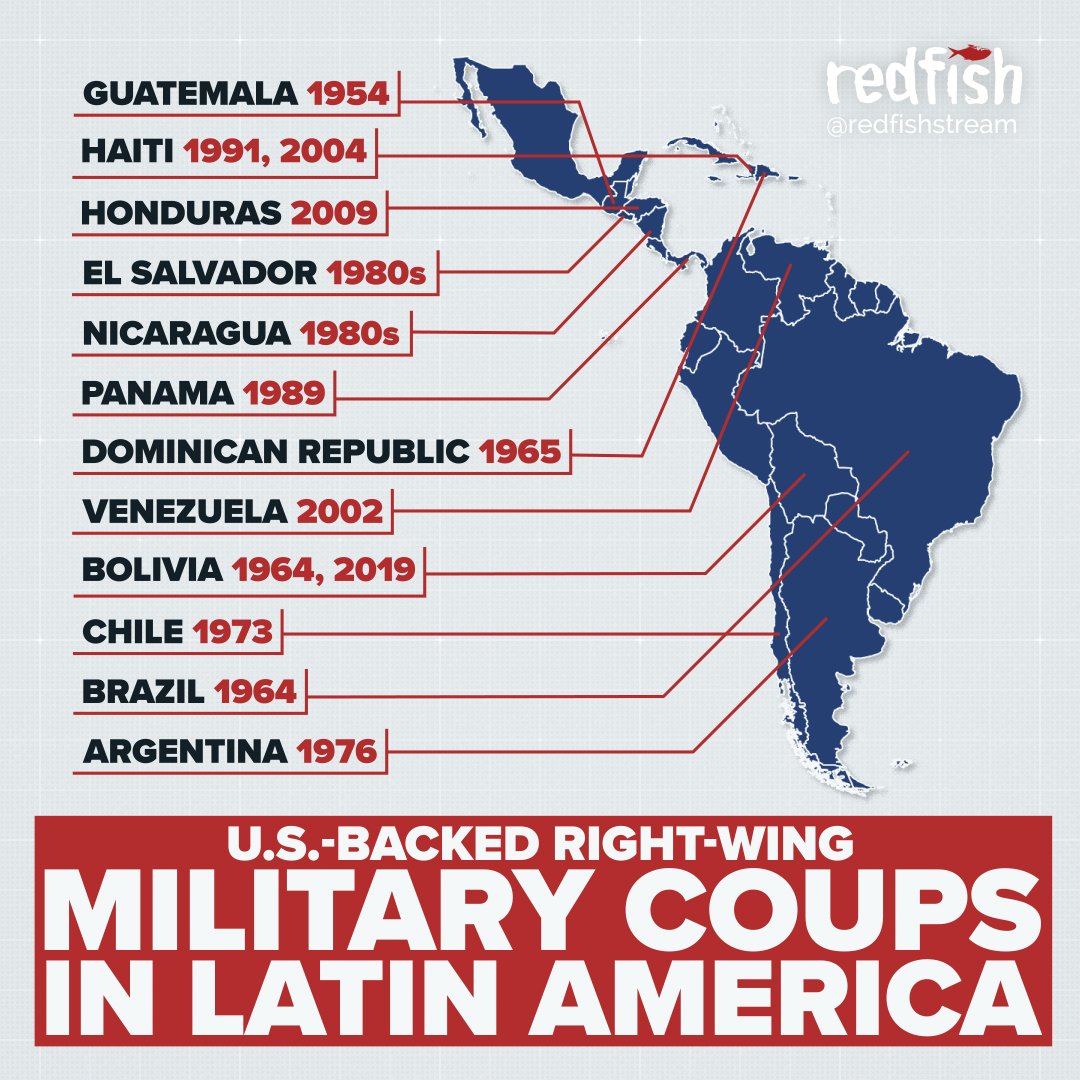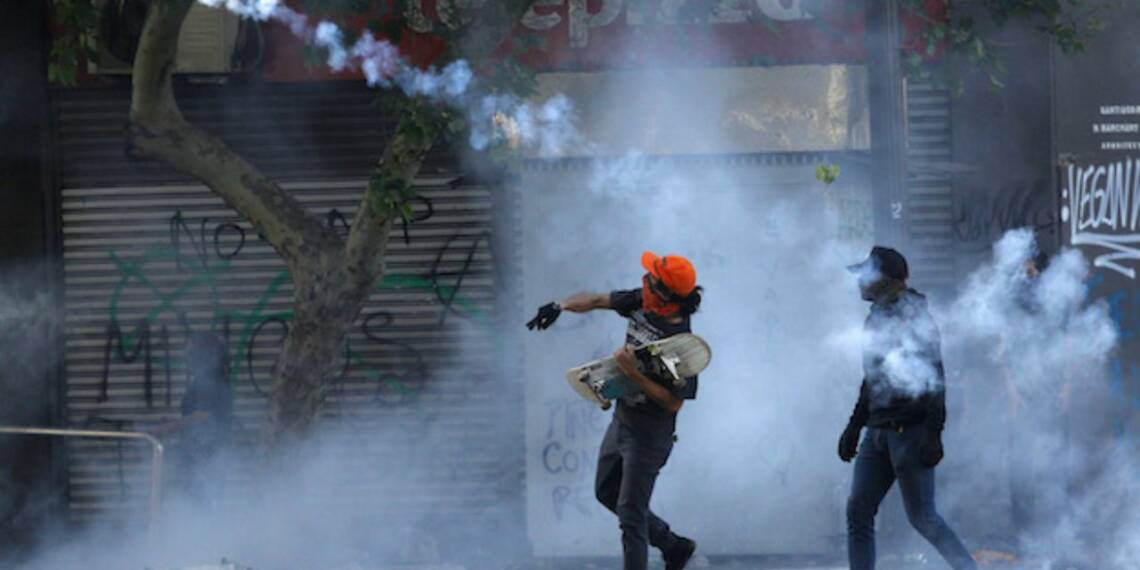Latin America is a region of vast potential and abundant resources. Yet, its development is hindered by political instability. This instability has been a major impediment to the region’s development. It has created a legacy of stagnation and poverty.
In a charged election, President Lula da Silva took office as Brazil’s new leader on January 1. The supporters of the outgoing leader, Jair Bolsonaro, invaded government facilities in the nation’s capital. They looted offices, and threatened disruption in a bid to oust him from office. Though, they were unsuccessful, coup attempts like these are common in Latin America.

The dramatic ouster of the former president of Peru, Pedro Castillo in US-backed coup in December 2022 was another incident. It’s been a more than a month and the protests against the coup still persist. We did a detailed video on how US removed him, link is given above.
Read More: Is a common Latin American Currency feasible?
A national emergency is at place in El Salvador. In Chile, President is trying to change the constitution. In Mexico, AMLO is trying to push for an election reform. Bolivia is in political turmoil after opposition leader Luis Fernando was arrested in late December.
Basically, Latin America countries are going through political instability. And, it’s not a recent phenomenon. It’s been going on for a century.
Yes! A century!
A century of Political instability in Latin America
Political instability in Latin America is a complex issue. It is rooted in a history of colonialism, neo-colonialism, authoritarian rule, economic inequality and foreign interference. Hence, Latin America has endured a destructive trifecta of high inequality, subpar economic growth, and frail political institutions. This has exacerbated civil unrest and ongoing political fragility.
It is characterized by a lack of trust in the governing institutions, weak rule of law, widespread corruption, and fragmented political parties. This has resulted in a lack of effective governance and a lack of growth. The high inequality then, leads to continuous political unrest, which in turn, leads to high inequality. It’s a vicious cycle that Latin America fails to break out of.
Read More: Biden’s ‘brand new parole program’ fails both Haitians and Americans
Since the dawn of the twentieth century, the US has been a major player in the region. It often intervenes in the internal affairs of Latin American nations. This has included aiding in the overthrow of governments, imposing economic sanctions, and providing military support for certain factions. The US has used a variety of tools to achieve its goals, including economic aid, trade agreements, and military force.
You name the country and US has backed a coup in it. Things have only worsened in last two decades.

In early 2000s, there was a discussion about the “Latin American decade.” The nature has given Latin America so much, even a “Latin American century” would be insufficient.
We at TFI Global- Latin America would bring you the stories from the ancient civilizations of the Aztecs and the Incas to the colonial era of the Spanish and Portuguese.
From the rise of progressive governments in Uruguay and Chile to the ongoing crisis in Venezuela. We’ll bring you the trends that are reshaping Latin America today.








